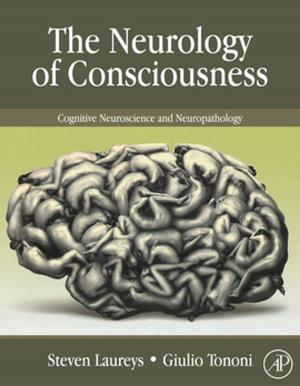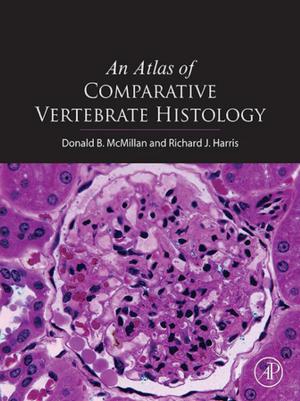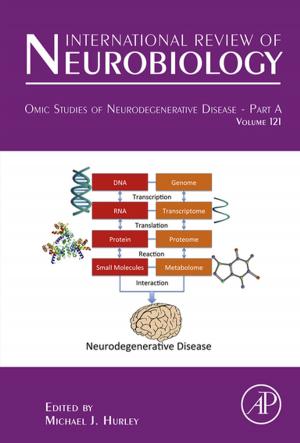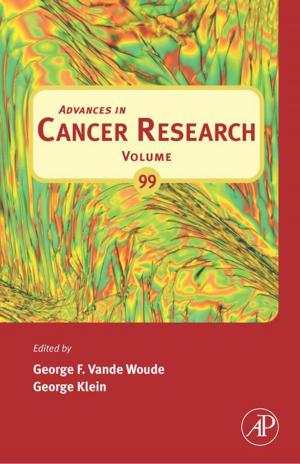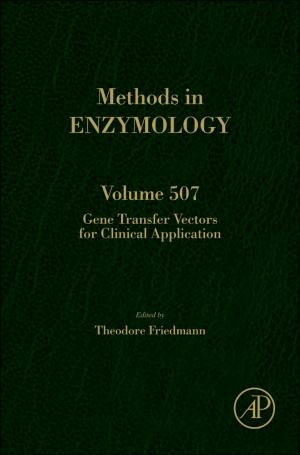Fibrous Proteins: Amyloids, Prions and Beta Proteins
Amyloids, Prions and Beta Proteins
Nonfiction, Science & Nature, Science, Biological Sciences, Cytology, Biochemistry| Author: | John M. Squire, David A.D. Parry, Andrey Kajava | ISBN: | 9780080468952 |
| Publisher: | Elsevier Science | Publication: | December 12, 2006 |
| Imprint: | Language: | English |
| Author: | John M. Squire, David A.D. Parry, Andrey Kajava |
| ISBN: | 9780080468952 |
| Publisher: | Elsevier Science |
| Publication: | December 12, 2006 |
| Imprint: | |
| Language: | English |
Amyloids, Prions and Beta Proteins is the last volume of the three-part thematic series on Fibrous Proteins in the Advances in Protein Chemistry serial. Fibrous proteins act as molecular scaffolds in cells providing the supporting structures of our skeletons, bones, tendons, cartilage, and skin. They define the mechanical properties of our internal hollow organs such as the intestines, heart, and blood vessels. This volume covers such topics as Beta-Structures in Fibrous Proteins; B-Silks: Enhancing and Controlling Aggregation; Beta-Rolls, Beta-Helices and Other Beta-Solenoid Proteins; Natural Triple B-Stranded Fibrous Folds; Structure, Function and Amyloidogenesis of Fungal Prions: Filament Polymorphism and Prion Variants; X-Ray Fiber and powder Diffraction of PRP Prion Peptides; From the Polymorphism of Amyloid Fibrils to Their Assembly Mechanism and Cytotoxicity; Structural Models of Amyloid-like Fibrils.
Amyloids, Prions and Beta Proteins is the last volume of the three-part thematic series on Fibrous Proteins in the Advances in Protein Chemistry serial. Fibrous proteins act as molecular scaffolds in cells providing the supporting structures of our skeletons, bones, tendons, cartilage, and skin. They define the mechanical properties of our internal hollow organs such as the intestines, heart, and blood vessels. This volume covers such topics as Beta-Structures in Fibrous Proteins; B-Silks: Enhancing and Controlling Aggregation; Beta-Rolls, Beta-Helices and Other Beta-Solenoid Proteins; Natural Triple B-Stranded Fibrous Folds; Structure, Function and Amyloidogenesis of Fungal Prions: Filament Polymorphism and Prion Variants; X-Ray Fiber and powder Diffraction of PRP Prion Peptides; From the Polymorphism of Amyloid Fibrils to Their Assembly Mechanism and Cytotoxicity; Structural Models of Amyloid-like Fibrils.

